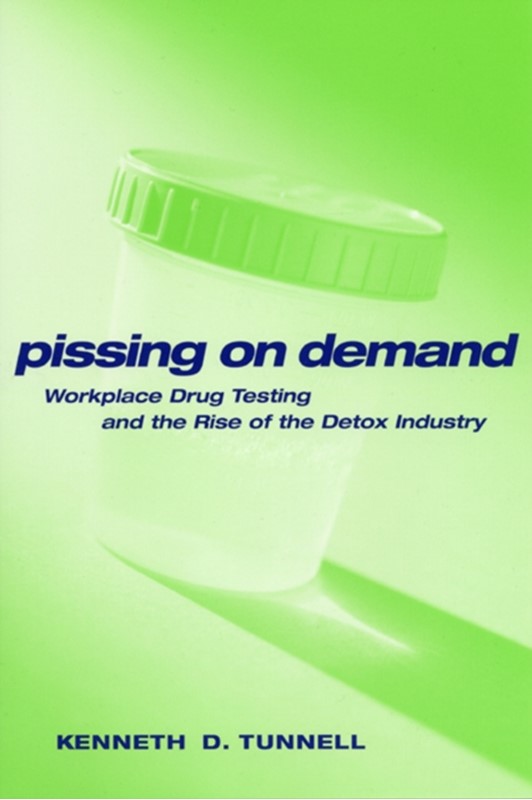Front of the House, Back of the House - Eli Revelle Yano Wilson - Bog - New York University Press - Plusbog.dk
Honorable Mention, Mirra Komarovsky Book Award, given by the Eastern Sociological Society 2021 Outstanding Academic Title, Choice Magazine How workers navigate race, gender, and class in the food service industry Two unequal worlds of work exist within the upscale restaurant scene of Los Angeles. White, college-educated servers operate in the front of the house—also known as the public areas of the restaurant—while Latino immigrants toil in the back of the house and out of customer view. In Front of the House, Back of the House, Eli Revelle Yano Wilson shows us what keeps these workers apart, exploring race, class, and gender inequalities in the food service industry. Drawing on research at three different high-end restaurants in Los Angeles, Wilson highlights why these inequalities persist in the twenty-first century, pointing to discriminatory hiring and supervisory practices that ultimately grant educated whites access to the most desirable positions. Additionally, he shows us how workers navigate these inequalities under the same roof, making sense of their jobs, their identities, and each other in a world that reinforces their separateness. Front of the House, Back of the House takes us behind the scenes of the food service industry, providing a window into the unequal lives of white and Latino restaurant workers.

















































